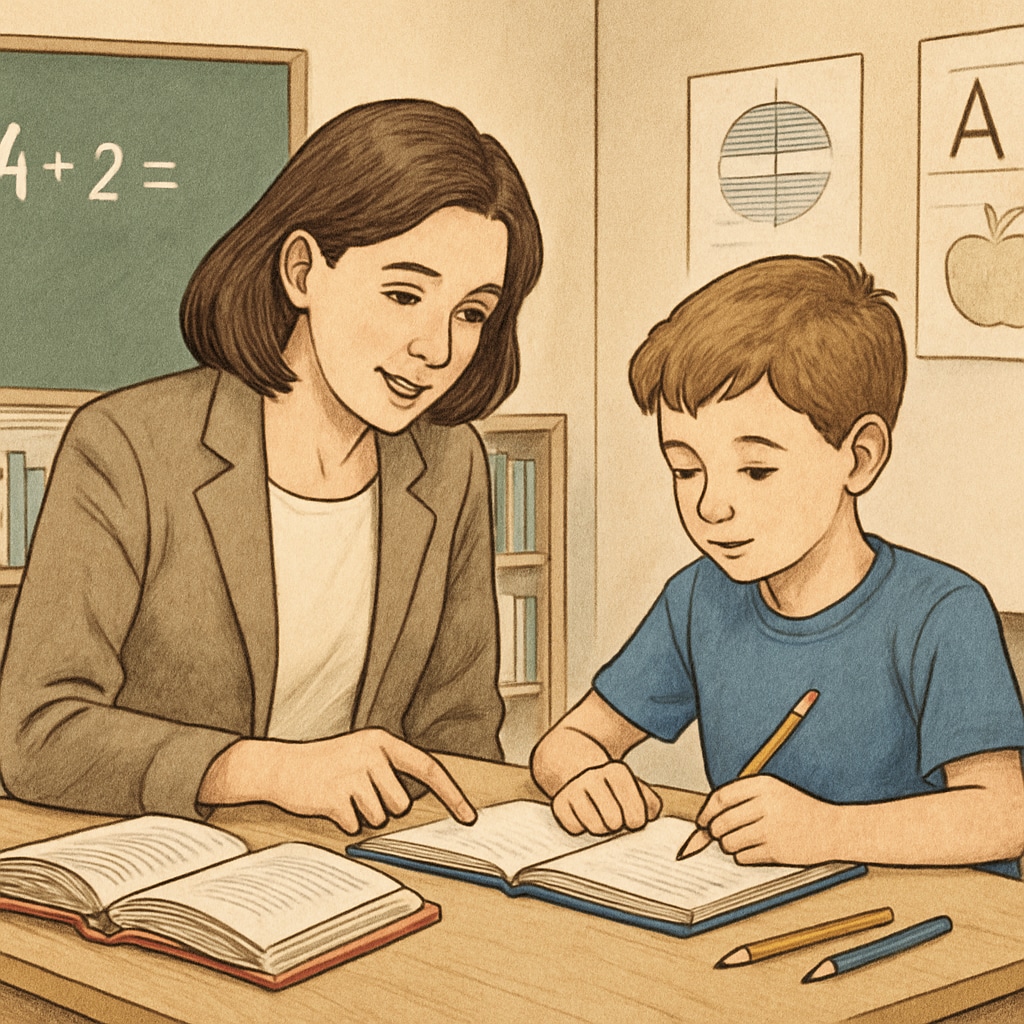Gifted programs often rely on standardized tests to identify students with exceptional abilities. However, this approach frequently excludes high-potential students with ADHD (Attention Deficit Hyperactivity Disorder) due to their unique cognitive profiles and challenges. These missed opportunities highlight the need for a more inclusive and adaptive identification system that recognizes diverse forms of intelligence.
Why Current Gifted Selection Methods Fail ADHD Students
The existing framework for gifted education primarily relies on standardized tests and teacher recommendations. While these tools aim to assess academic potential, they often overlook students who excel in unconventional ways. ADHD students, for example, may struggle with focus and organization, which are crucial for performing well on standardized tests. Their creative problem-solving and out-of-the-box thinking, however, remain largely unnoticed.
According to Britannica’s ADHD overview, individuals with ADHD often exhibit heightened creativity, curiosity, and the ability to make unique connections between ideas. Yet, the rigid criteria of many gifted programs fail to capture these strengths, focusing instead on linear academic achievement.

Standardized Testing: A Barrier to Inclusivity
Standardized tests remain the cornerstone of gifted education, but they are inherently limiting for students with ADHD. These assessments prioritize speed, accuracy, and structured thinking, areas where ADHD students may struggle due to their executive functioning challenges. For example, a student with ADHD might excel at generating innovative ideas but fail to finish the test within the allotted time.
The reliance on standardized tests also perpetuates systemic inequities. Students from marginalized backgrounds who lack access to ADHD diagnoses or enrichment opportunities are doubly disadvantaged. As a result, gifted programs often reflect privilege rather than true potential, leaving ADHD students behind.

Towards a More Inclusive Gifted Identification System
To create a fairer system, educators must embrace alternative methods of identifying gifted students. Some promising strategies include:
- Portfolio Assessments: Allow students to showcase their creative and academic work over time, offering a broader view of their abilities.
- Dynamic Testing: Focus on how students learn and adapt during the testing process rather than their final scores.
- Teacher Training: Equip educators to recognize diverse forms of intelligence, including traits common in ADHD students.
- Parental Input: Involve parents in the identification process, as they often observe strengths that might not emerge in classroom settings.
These approaches align with the principles of neurodiversity, which advocate for valuing all cognitive profiles equally. By adopting such strategies, gifted programs can ensure that they support the full spectrum of student abilities.
The Broader Implications for Equity in Education
Excluding ADHD students from gifted programs has long-term consequences. These students may internalize feelings of inadequacy, missing out on opportunities to nurture their talents. Moreover, society loses access to the potential contributions of these creative minds.
As noted by Wikipedia’s entry on gifted education, inclusivity in gifted programs is essential for fostering diverse innovation. ADHD students often possess unique perspectives that can drive progress in fields like science, art, and technology. Recognizing their potential is not just an educational imperative but a societal one.
In conclusion, gifted programs must evolve to accommodate the strengths of neurodiverse students, including those with ADHD. By moving beyond standardized tests and embracing inclusive identification methods, educators can ensure that no high-potential student is overlooked.


